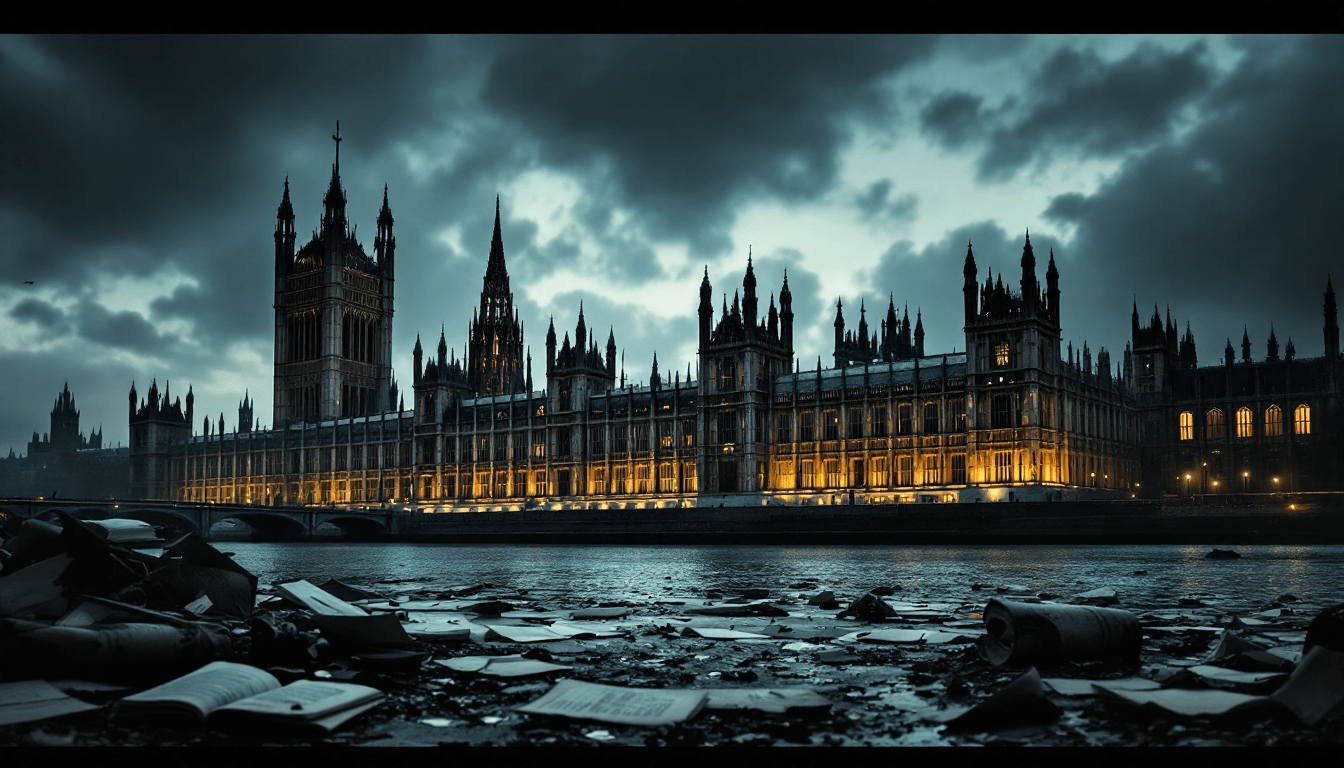What Went Wrong? The Prologue To The Great Repeal
Britain's century of decline: from world's greatest empire to managed administrative unit. Systematic surrender of parliamentary sovereignty to international bodies, bureaucratic quangos, judicial activism. Each crisis expanded state power while reducing democratic accountability.






